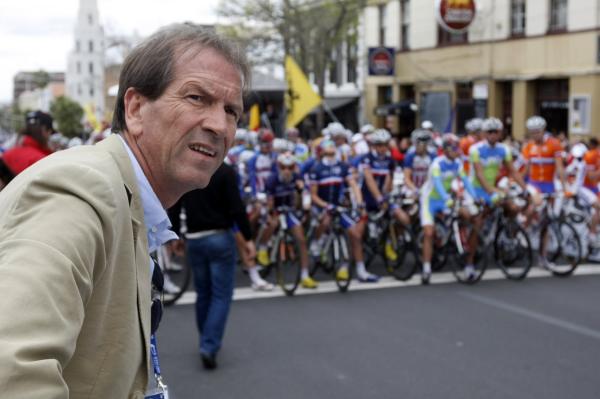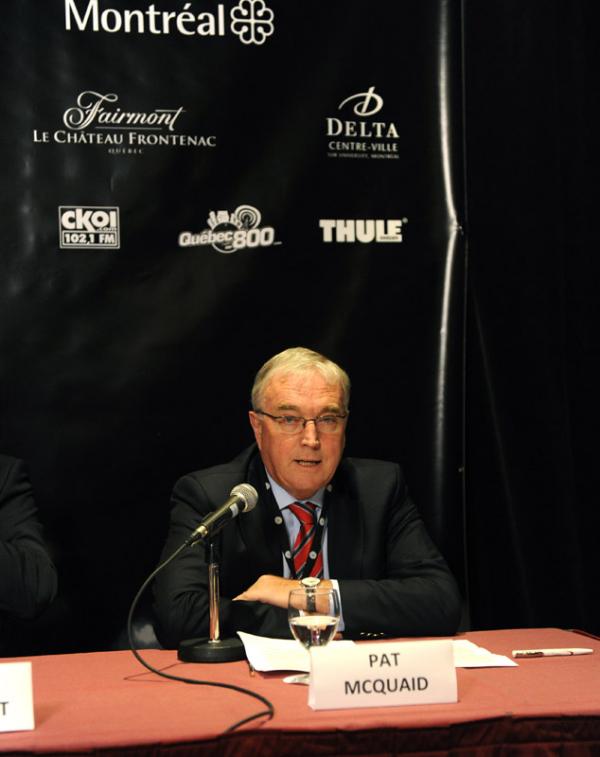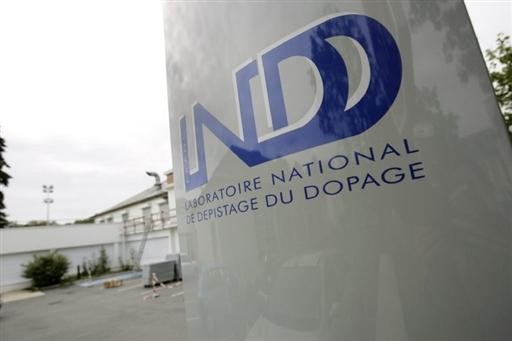UCI to study recommendations of WADA's independent Tour de France report
Carpani says UCI happy with publication of report on anti-doping controls



The UCI has declared itself pleased with the report on its anti-doping programme at the 2010 Tour de France, which was compiled by independent observers from the World Anti-Doping Agency (WADA). UCI press officer Enrico Carpani told Cyclingnews on Friday that the recommendations of the report will now be considered in detail by cycling’s governing body.
“We are very happy with the work done by WADA’s independent observers at the Tour de France,” Carpani said. “It has to be remembered that it was we at the UCI who invited them to the Tour de France. We invited them to put our system to the test.
“We are also very happy that from a general point of view, the report indicates that the UCI’s anti-doping system is very efficient and is certainly among the best of those run by various international governing bodies.”
While the WADA independent observers report described the UCI’s anti-doping programme as “of good quality”, it also highlighted some flaws in the system and made a number of recommendations for its improvement.
One of the principal reservations of the WADA report was the fact that of the 540 samples collected during the Tour de France, only 15 per cent of tests were unannounced. Another recurring theme of the report was that the UCI prioritised the analysis of blood profiles for the biological passport system to the detriment of testing for banned substances.
The report also indicated that a number of riders with suspicious blood profiles and significantly impressive performances at the Tour were tested on surprisingly few occasions, and that “three riders of interest did not provide a blood sample for the purposes of anti-doping in the whole Tour.”
The independent observers flagged a number of specific instances where the UCI did not take action against such riders. Among the most damning was the case of a rider with a priority index of ten (with ten being the highest and considered most at risk of doping), who was not required to give any blood or urine samples in the period from April 3 to the beginning of the Tour, while no blood samples were taken after the Tour started.
Get The Leadout Newsletter
The latest race content, interviews, features, reviews and expert buying guides, direct to your inbox!
In the case of another rider with a priority index of ten, no blood samples were collected in spite of recommendations from the WADA laboratory in Lausanne to do so after the analysis of biological passport data, while “a recommendation to target test the rider for EPO took seven days to be executed.”
The report also stated that the UCI testers failed to follow the laboratory’s recommendations to target test a rider with a priority index of eight, although the rider in question was subsequently tested by the French anti-doping agency AFLD.
Carpani explained that the UCI is unable to comment on the specifics of the report until it has been studied in detail, but he reiterated that the governing body was pleased that the report had been carried out and published.
“As the aim of inviting WADA’s observers was to see how things were going from an external perspective, we are happy that the report has been published,” he said. “We are studying it in detail to verify if the recommendations outlined in the report are necessary, justified and, above all, realisable."

Barry Ryan was Head of Features at Cyclingnews. He has covered professional cycling since 2010, reporting from the Tour de France, Giro d’Italia and events from Argentina to Japan. His writing has appeared in The Independent, Procycling and Cycling Plus. He is the author of The Ascent: Sean Kelly, Stephen Roche and the Rise of Irish Cycling’s Golden Generation, published by Gill Books.